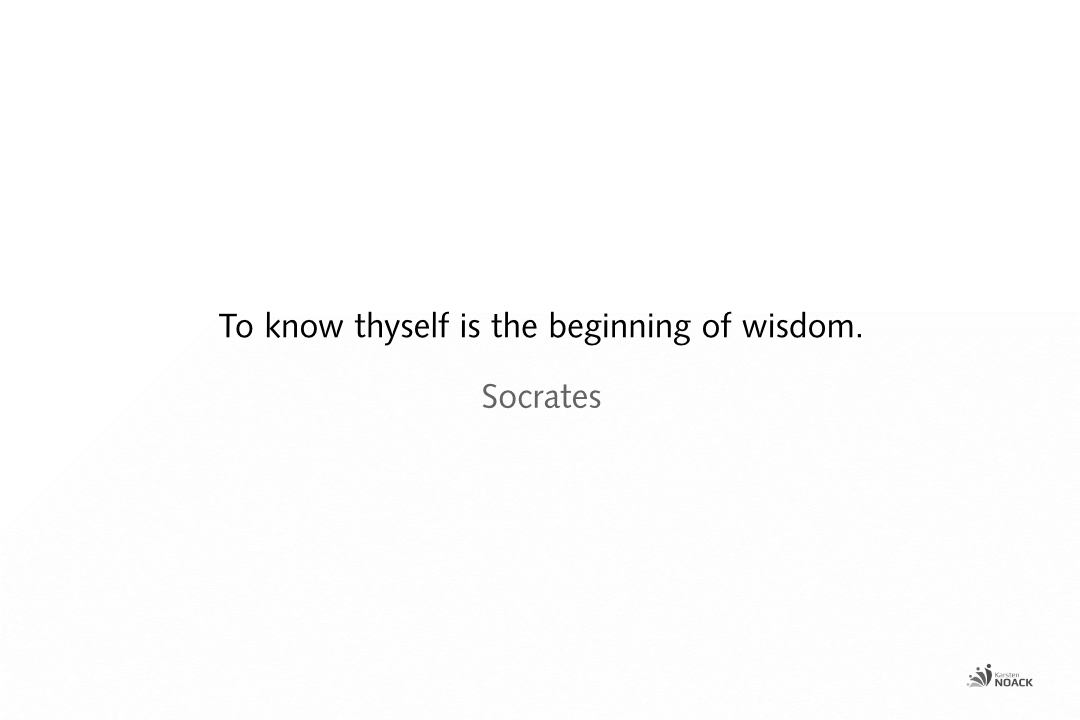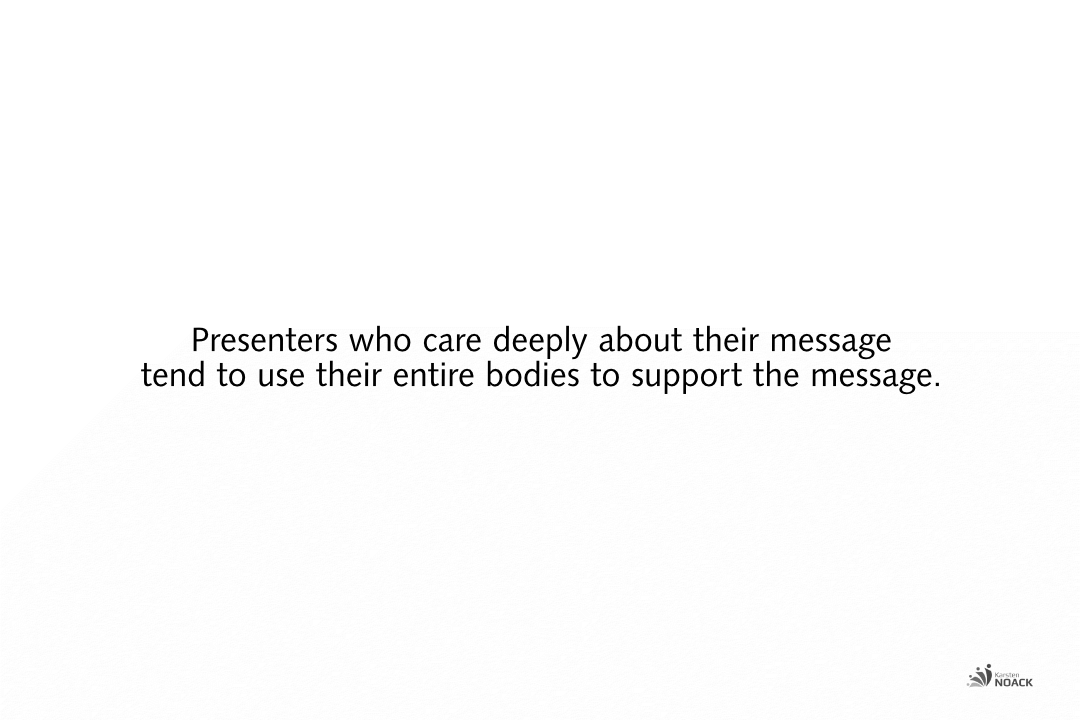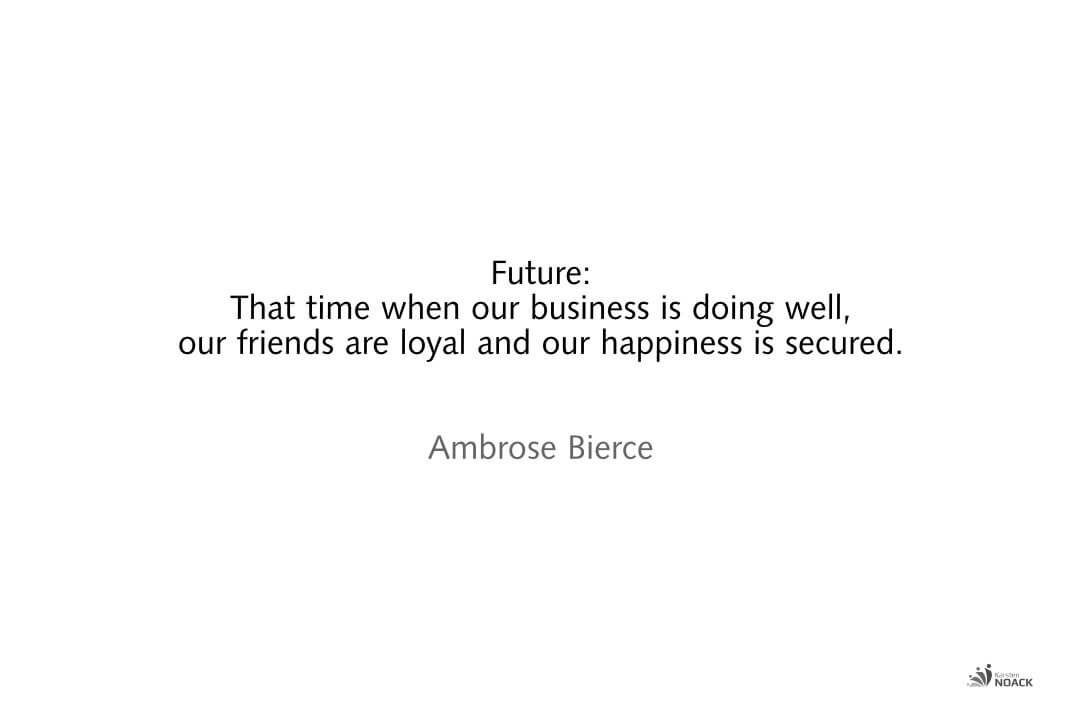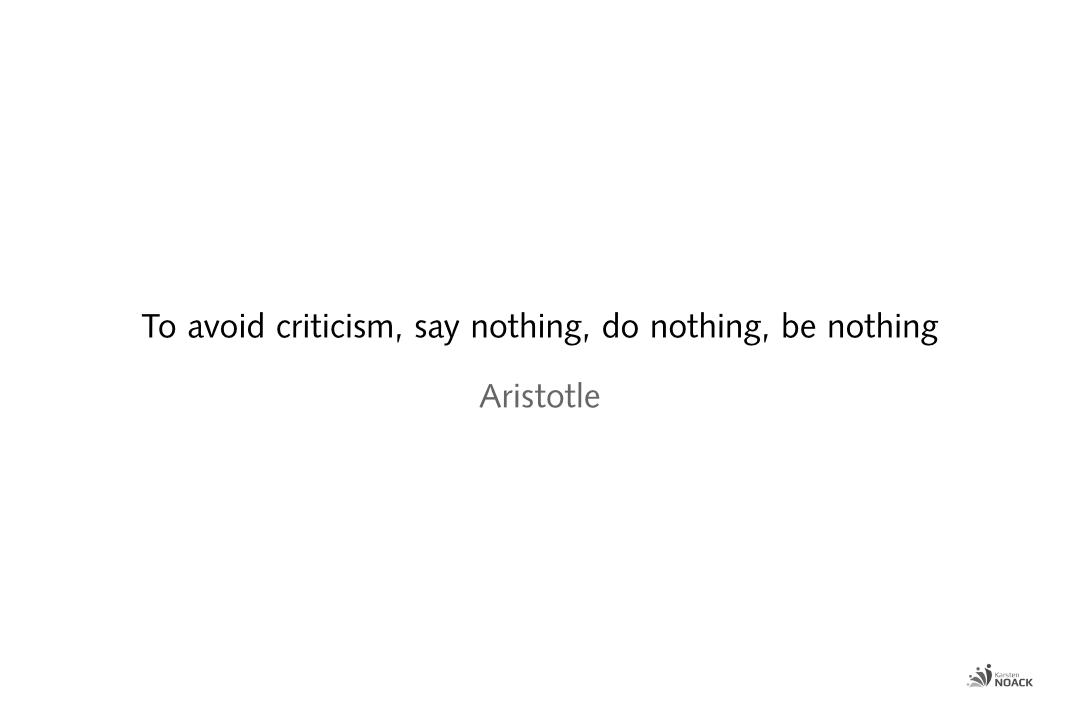This article deals with what it is worth paying attention to as a speaker concerning facial expressions.
Professional impact analysis: How are you perceived by other people?
Professional impact analysis: How are you perceived by other people?
How do you and your messages affect the audience?
Self-perception and impact analysis
How do you affect people in conversations, speeches, and presentations, in interviews? We all have our blind spots. It is a good reason because for experts, company representatives, and politicians, the impact analysis is part of the preparation of a speech, presentation, statement, interview, or discussion. To explore the effect before the real event has a lot of advantages. How do you and your message affect your audience?
Do you know how you affect other people?
How do you interact with other people when you meet them? For example, how do you communicate in meetings and presentations? We communicate constantly. Yes, you too! And even if you do not intend to. Whether we want it or not; much of what we do or do not do is perceived and interpreted by others. Your messages are not always understood as you want them to be.
Professional impact analysis
For experts, many professional company spokespersons, company representatives, and politicians, the impact analysis is part of the preparation of a performance, such as speeches, presentations, statements, interviews, and discussions. So you can explore the effect even before the performance in front of an audience. This will tell you in advance how you and your message will be perceived.
Honest and constructive feedback
The more influential your position in a company is, the more you are under observation. Then every moment becomes an appearance in front of an audience. Every detail gets meaning. Whether in the media, at events, and even in seemingly private situations; every word that is said and omitted can be interpreted. Every detail shapes the image that the public has in mind about you and your message.
- How do you affect others?
- How are you understood?
- Which image do you convey?
- In which aspects can you improve?
I will give you a useful picture of how you are perceived in public. This is particularly beneficial for executives and representatives of companies, associations, and political parties.
Impact analysis
Just a few thoughtless words in front of the audience, microphone, and camera can have consequences. For this reason, it is worthwhile to prepare carefully for important situations. For many professional company spokespersons, company representatives, and politicians, the impact analysis is part of the preparation.
Even many experienced speakers are not so experienced when it comes to media appearances. It does not belong to everyday life for everyone. To master such situations you need to be sovereign in front of the camera and in studio situations, provocative journalist questions, and vehement attacks of an opponent in a debate or podium discussion.
Better safe than sorry. Afterward, we are often smarter, but then it is a bit too late. Better: An impact analysis provides a speaker with professional feedback before the actual event. Get feedback before the critics get their turn. Why should you take unnecessary risks? Why should you give up a successful performance? Prepare for crucial situations. Rehearse. Get feedback for it. This allows you to experience the impact beforehand and to optimize it if necessary.
Elements of impact analysis
- Voice
- Body language
- Stage presence, enthusiasm, and credibility
- Choice of words and style
- Emotional response
- Arguments and strategy
- Red thread and structure
- Key messages
- Professional repartee
- Risk analysis
- Foreseeable effects
- Act in front of a microphone and camera
- Dealing with provocative questions and attacks
Your impact analysis
How are you perceived, and what can you improve to convincingly present yourself and your message?
Based on your impact analysis, you receive recommendations that help you to optimize your appearance. If you wish, you will receive targeted support for your sovereignty, charisma, and self-marketing for speeches and media appearances. I support you from the impact analysis, and optimization up to the dress rehearsal, or even the accompaniment to the performance. You decide!
The impact analysis can be booked individually for 60 minutes or is the beginning of more comprehensive support for the preparation of an event. This is also possible with sessions via telephone or with video support.
You decide how extensive the analysis is. Many factors affect how you are perceived. Here are examples:
1. Direct analysis
A brief meeting is enough to get your first feedback on how you affect other people. You will learn from me immediately a lot about your verbal and body language effects, as well as ways to improve.
2. Evaluation of events
In addition to the direct analysis, various sources can be consulted; Recordings of interviews, TV appearances, speeches, social media, etc.
3. Qualitative interviews
Qualitative interviews with relevant target groups are used to analyze interesting aspects.
Then you will receive your personal and honest impact analysis. The whole truth or perception of your person!
4. Feedback
With this feedback and recommendations, you’ll have what you need to know when you choose to balance expectations with you and your demeanor to reach and convince your audience.
Just ask me personally
Please post any questions that may be of interest to other readers in the comments. Looking for professional help?
If you are interested in coaching, training or consulting, if you have organizational questions, or if you want to make an appointment, you can reach me best via this contact form (you can choose if you want to enter your personal data) or via e-mail (mail@karstennoack.com). You can also reach me by phone at +49(0)30 864 213 68 or by cell phone at +49(0)1577 704 53 56 from Monday to Thursday from 9:00 to 18:00. Most of the time I am in sessions, so please leave a message with your phone number in Germany. Please remember to be very specific about the reason for your call. I will get back to you as soon as possible. The privacy policy can be found here.
Transparency is important. That is why you will find answers to frequently asked questions already here, for example about me (profile), the services, the fees and getting to know me. If you like what you see, I look forward to working with you.
Message
Remarks:
In the address bar of your browser, the URL should begin with "https://www.karstennoack.com/...". This indicates a secure connection (SSL). Whether you enter your real name is up to you.
17 tips for facial expressions in speeches and presentations
One side of character is integrity
Integrity is an important part of a character. Integrity is a choice we make, and it’s a choice we must keep making, every moment of our lives. Develop and protect your integrity.
Are impatience and laziness cardinal sins?
Do you think that impatience and laziness are sins? Or do you see the good intent?
Help, am I a narcissist? 8 indications that you are not a narcissist
Do you wonder if you are a narcissist yourself? Here are 8 indications that you are not a narcissist.
More contentment through self-acceptance or does that reduce the motivation?
Many people consider discontentment to be the most important motivator. My observation: We are happier when we learn to accept ourselves as we truly are. And we stimulate personal development this way.
Aphantasia: Living without mental images.
Most people consider it normal to be able to visualize. But a small percentage of humanity does not have this ability. We call this Aphantasia. This is what this article is about.
Good fear, bad fear
What are fears and anxiety good for and how to let go of limiting fears?
The strength of character and how to cultivate it. 20 factors
Do you stand up for yourself and your concerns, are you true to your values even when there is a headwind? This article is about 20 elements of character strength and how to cultivate them.
You want to avoid criticism?
Is it really a good idea to avoid criticism at all costs? Could criticism have value?
The importance of showing appreciation: 10 good reasons to show appreciation
We all need to know that we’re important in other people’s lives. We need to be noticed and valued — in private and business life. Why do I believe that it is so important to show appreciation? Because…
Rather SMART goals than unfulfilled wishes. SMART goals make life easier.
Better smart goals than unfulfilled wishes. Well defined goals for better self-management, more effective meetings, negotiations,… Life is much easier when agreements with ourselves and others are made more clearly and realistically.
Are you a good listener? 15 tips for active listening.
Being a good listener can help you to see the world through the eyes of others. It enriches your understanding and expands your capacity for empathy. Listening increases your contact with the outside world by helping you improve your communication skills.

This article is a short excerpt from the more comprehensive course materials my clients receive in a group or individual training or coaching.
Published: June 27, 2009
Author: Karsten Noack
Revision: August 20th, 2023
Translation: ./.
German version: https://www.karstennoack.de/wie-wirken-sie-wirklich/
K:
H:
T: RR
#1890















































